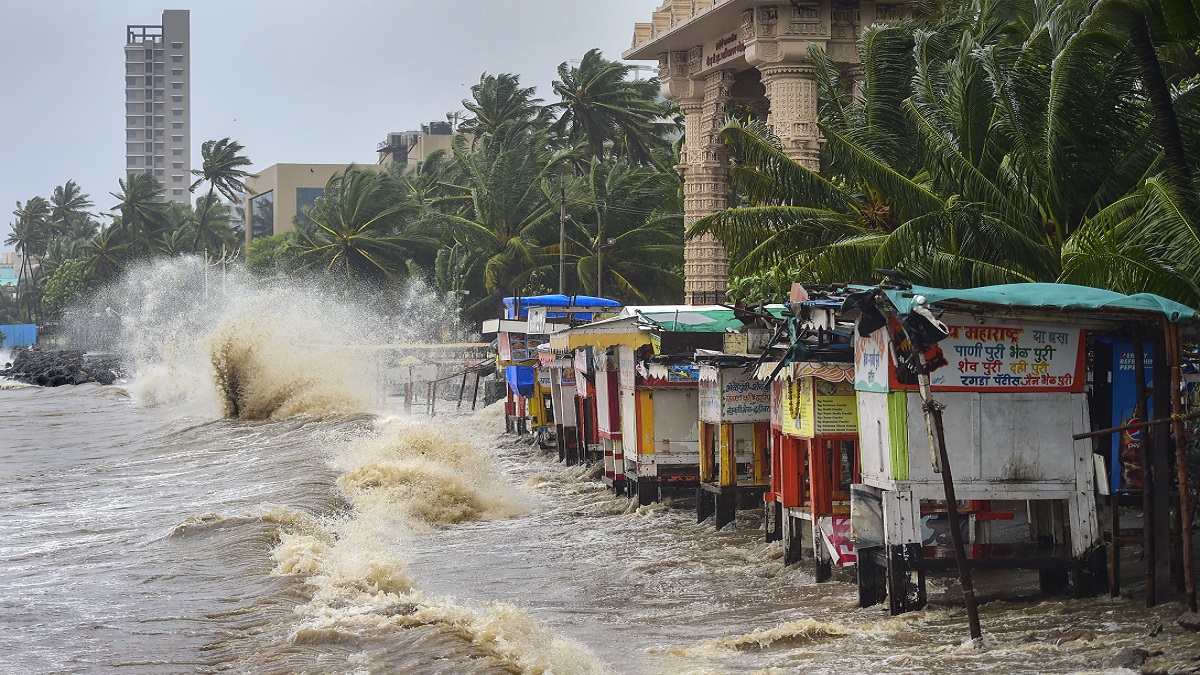An unexpected deluge in Ahmedabad recently submerged over 100 locations, exposing the city’s vulnerability to urban flooding and prompting swift action from the Ahmedabad Municipal Corporation (AMC).
In response, AMC has engaged the Indian Institute of Technology Gandhinagar (IIT-Gn) to conduct a comprehensive survey aimed at identifying flood-prone areas and devising a robust stormwater management plan. This initiative aligns with the National Disaster Management Authority’s programme, which has selected Ahmedabad among seven cities for targeted flood prevention efforts. Despite significant investments exceeding ₹1,000 crore over the past two years in infrastructure projects like stormwater lines, percolation wells, and pumping stations, Ahmedabad continues to grapple with severe waterlogging during monsoon seasons. The recent rains, arriving earlier than usual, have underscored the limitations of existing measures and the pressing need for a more effective, data-driven approach to urban flood management.
IIT-Gn’s involvement brings a scientific rigor to the city’s flood mitigation strategy. The institute will employ advanced hydrodynamic modelling and high-resolution remote sensing data to assess the city’s drainage patterns and identify critical bottlenecks. This methodology, previously applied in Ahmedabad’s west zone, revealed that despite 55% coverage of stormwater drainage infrastructure, the area remained susceptible to severe flooding due to compromised drainage patterns and altered elevations. The AMC’s decision to commission IIT-Gn for this survey reflects a shift towards integrating academic expertise into urban planning. The ₹12 lakh contract encompasses the development of detailed designs and a comprehensive project report (DPR) aimed at mitigating urban flooding. The DPR will serve as a blueprint for implementing a systematic stormwater network, tailored to the city’s unique topography and urban landscape.
This proactive approach is timely, considering the increasing frequency of extreme weather events attributed to climate change. Studies have indicated that extensive urban development, altered elevations, and compromised drainage systems have exacerbated flooding in Gujarat. By leveraging scientific research and data analytics, Ahmedabad aims to enhance its resilience against such climatic challenges. The collaboration between AMC and IIT-Gn signifies a commitment to sustainable urban development. By prioritizing data-driven solutions and interdisciplinary collaboration, Ahmedabad sets a precedent for other Indian cities facing similar challenges. The integration of academic research into municipal planning not only enhances the efficacy of infrastructure projects but also ensures that interventions are grounded in empirical evidence.
As the monsoon season approaches, the success of this initiative will be closely monitored. The outcomes of IIT-Gn’s survey and the subsequent implementation of its recommendations will serve as a litmus test for the efficacy of integrating scientific research into urban planning. If successful, this model could be replicated in other cities across India, fostering a more resilient and sustainable urban future. In the interim, the AMC continues to implement immediate measures to alleviate waterlogging, such as constructing new catch pits and installing automated barriers at underpasses. However, the long-term solution lies in the successful execution of the comprehensive stormwater management plan developed in collaboration with IIT-Gn. This initiative represents a significant step towards transforming Ahmedabad into a city that not only withstands the challenges of climate change but also thrives amidst them.
Also Read : Bengaluru EV Conquers 6300 km Green Journey, New Era


